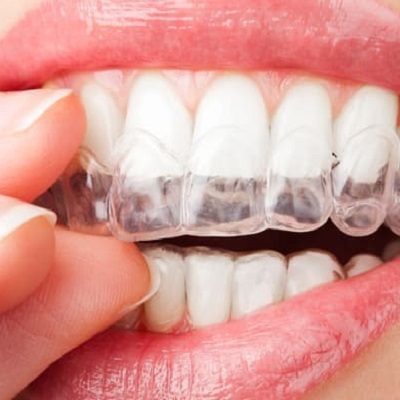Best Mouthguards are commonly associated with athletic safety, but their benefits extend far beyond the playing field. From protecting against dental injuries to promoting overall oral health, mouthguards play a crucial role in maintaining dental safety and health. Here’s an in-depth look at the impact of mouthguards on dental health and safety.
1. Protecting Against Dental Injuries:
a. Preventing Tooth Damage:
Mouthguards are designed to cushion the impact on teeth and jaws, significantly reducing the risk of dental injuries such as fractures, chips, and dislocations.
Impact Absorption: Mouthguards absorb and distribute the force of impacts during contact sports or accidents, helping to protect against tooth damage.
Trauma Prevention: They act as a barrier between the teeth and external forces, reducing the likelihood of teeth being knocked out or damaged.
b. Reducing Soft Tissue Injuries:
In addition to protecting teeth, mouthguards also shield the soft tissues of the mouth, including gums, lips, and cheeks, from cuts and bruises.
Soft Tissue Protection: By cushioning the mouth and reducing the impact on the oral cavity, mouthguards minimize the risk of lacerations and abrasions.
2. Enhancing Overall Oral Health:
a. Preventing Jaw Injuries:
Mouthguards help prevent jaw injuries by cushioning the force applied to the jaw during impacts.
Jaw Protection: They reduce the risk of jaw fractures and dislocations, which can occur during high-impact activities.
b. Preventing TMJ Disorders:
Mouthguards can alleviate symptoms of temporomandibular joint (TMJ) disorders by reducing strain on the jaw muscles and joints.
Stress Reduction: For athletes with a history of TMJ issues, mouthguards can help reduce the stress and strain on the TMJ, potentially alleviating pain and discomfort.
3. Supporting Dental Alignment and Orthodontic Health:
a. Protecting Orthodontic Appliances:
For individuals with braces or other orthodontic appliances, mouthguards provide essential protection against damage.
Appliance Safety: Mouthguards prevent damage to braces and other orthodontic devices, as well as reduce the risk of injury to the oral soft tissues.
b. Maintaining Dental Alignment:
Mouthguards can help maintain dental alignment and prevent shifting of teeth caused by impacts or injuries.
Alignment Support: By protecting the teeth and jaws, mouthguards contribute to the stability of dental work and orthodontic treatments.
4. Promoting Safe Sleep:
a. Managing Bruxism:
Mouthguards are commonly used to manage bruxism, a condition characterized by grinding or clenching of the teeth during sleep.
Night Guards: Custom-fitted night guards, also known as occlusal splints, help prevent tooth wear, fractures, and jaw pain caused by bruxism.
b. Alleviating Discomfort:
For individuals experiencing discomfort from bruxism, a mouthguard can provide relief by reducing the pressure on the teeth and jaw.
Pain Reduction: Night guards help to cushion the impact between the upper and lower teeth, alleviating discomfort associated with teeth grinding.
5. Enhancing Athletic Performance and Safety:
a. Boosting Confidence:
Wearing a mouthguard can boost athletes’ confidence by ensuring they are protected against potential dental injuries.
Mental Assurance: Knowing that their teeth and jaws are protected allows athletes to focus on their performance without worrying about dental injuries.
b. Reducing the Risk of Concussions:
While the evidence is still evolving, some studies suggest that mouthguards may help reduce the risk of concussions by absorbing and dispersing impact forces.
Impact Absorption: By cushioning the forces transmitted to the head, mouthguards may play a role in reducing the severity of impacts and potential concussions.
6. Choosing the Right Mouthguard:
a. Custom-Fitted vs. Store-Bought:
Custom-Fitted Mouthguards: Tailored to the specific shape of your mouth, these provide the best fit, comfort, and protection.
Store-Bought Mouthguards: Generally less expensive but may not offer the same level of protection or comfort as custom options.
b. Professional Guidance:
Consulting with a dentist can help you select the most suitable mouthguard for your needs, whether for sports, bruxism, or orthodontic protection.
Dentist Recommendations: A dentist can provide personalized recommendations and ensure that your mouthguard fits properly and meets your specific needs.
Conclusion:
Mouthguards play a vital role in protecting dental health and enhancing safety across various activities and conditions. From preventing dental injuries and supporting orthodontic health to managing bruxism and boosting athletic confidence, the benefits of wearing a mouthguard extend far beyond its traditional use in sports. By choosing the right type of mouthguard and maintaining it properly, you can ensure optimal protection and promote overall oral health and safety.





Comments